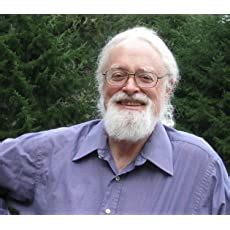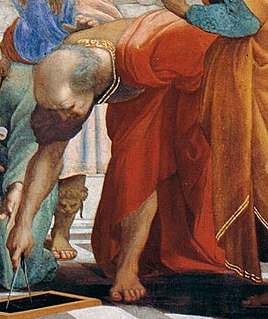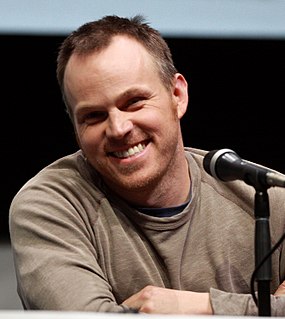A Quote by Robert A. Heinlein
Citizenship is an attitude, a state of mind, an emotional conviction that the whole is greater than the part...and that the part should be humbly proud to sacrifice itself that the whole may live.
Related Quotes
"Pieces" almost always appear 'as parts' in whole processes. ... To sever a "'part" from the organized whole in which it occurs-whether it itself be a subsidiary whole or an "element"-is a very real process usually involving alterations in that "part". Modifications of a part frequently involve changes elsewhere in the whole itself. Nor is the nature of these alterations arbitrary, for they too are determined by whole-conditions.
Since the whole city has one end, it is manifest that education should be one and the same for all, and that it should be public, and not private - not as at present, when every one looks after his own children separately, and gives them separate instruction of the sort which he thinks best; the training in things which are of common interest should be the same for all. Neither must we suppose that any one of the citizens belongs to himself, for they all belong to the state, and are each of them a part of the state, and the care of each part is inseparable from the care of the whole.
You nourish your minds by reading books. There is no good in doing that unless you hold it also as a sacrifice to the whole world. For the whole world is one; you are rated a very insignificant part of it, and therefore it is right for you that you should serve your millions of brothers rather than aggrandise this little self
African tradition deals with life as an experience to be lived. In many respects, it is much like the Eastern philosophies in that we see ourselves as a part of a life force; we are joined, for instance, to the air, to the earth. We are part of the whole-life process. We live in accordance with, in a kind of correspondence with the rest of the world as a whole. And therefore living becomes an experience, rather than a problem, no matter how bad or how painful it may be.
To seek the greatest good is to live well, and to live well is nothing other than to love God with the whole heart, the whole soul, and the whole mind: It is therefore obvious that this love must be kept whole and uncorrupt, that is temperance; it should not be overcome with difficulties, that is fortitude, it must not be subservient to anything else, that is justice; it must discriminate among things so as not to be deceived by falsity or fraud, that is prudence.
No matter how much one may love the world as a whole, one can live fully in it only by living responsibly in some small part of it. Where we live and who we live there with define the terms of our relationship to the world and to humanity. We thus come again to the paradox that one can become whole only by the responsible acceptance of one's partiality.
But if you do know what is taught by plants and weather, you are in on the gossip and can feel truly at home. The sum of a field's forces [become] what we call very loosely the 'spirit of the place.' To know the spirit of a place is to realize that you are a part of a part and that the whole is made or parts, each of which in a whole. You start with the part you are whole in.
In Western culture, there's a dichotomy between the easy narratives of God and the Devil. I now believe in this greater overarching spiritual thing. We are the light and the dark, and have to own the darkness. It's part of us. It's not evil. It's needed. You need to own both of them to be whole. Absorb it, and live it as part of your life.






































